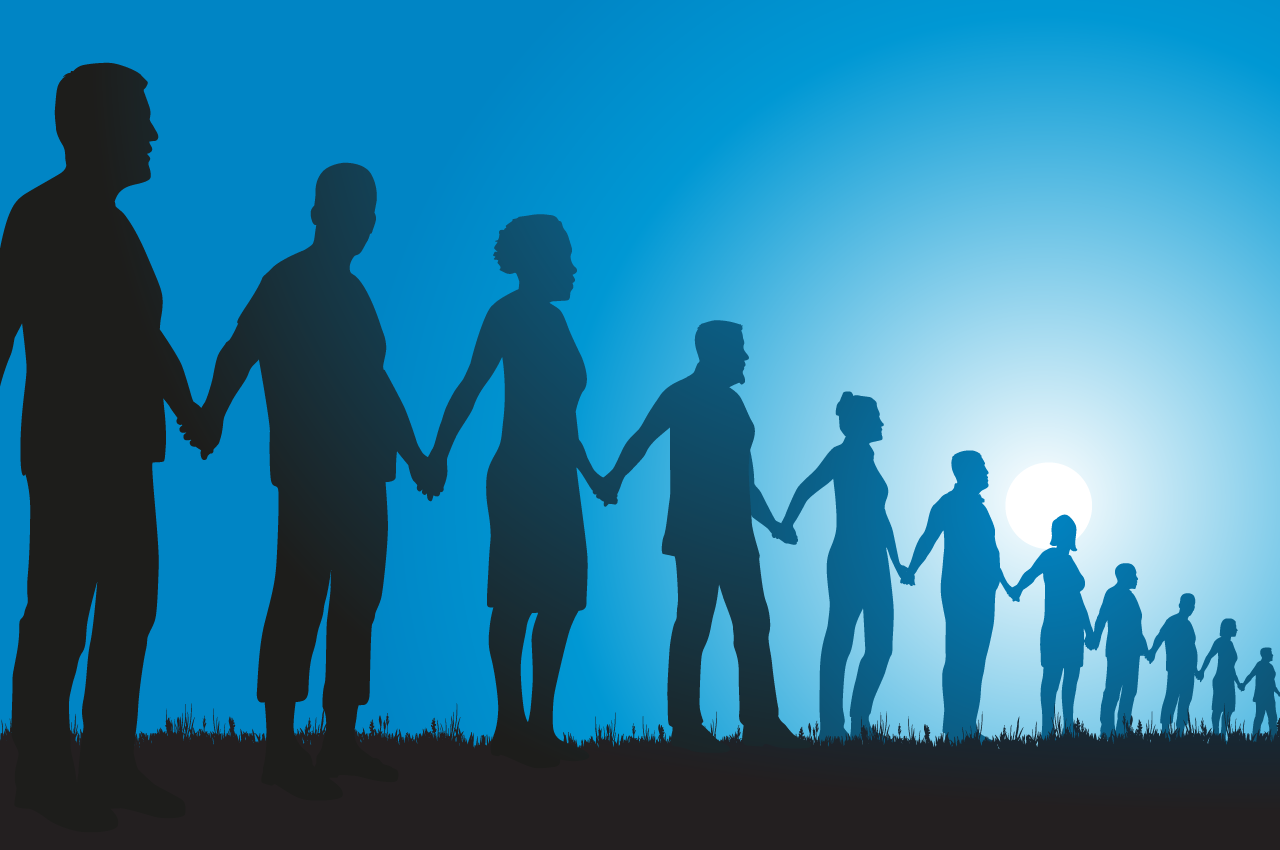Recognise the humanity of every person who crosses your path – no matter how different they are to you.
Our country’s Bill of Rights is widely acclaimed as one of the most progressive in the world. In its own words, it is “…a cornerstone of democracy in South Africa. It enshrines the rights of all people in our country and affirms the democratic values of human dignity, equality and freedom.”
While our constitution mandates that the state must uphold the Bill of Rights, it’s up to each of us to step up and uphold these rights to achieve the welcoming, inclusive South Africa we all long for. This Human Rights Day, let’s seize the opportunity to live up to these ideals.
Here are some tips on becoming a human rights champion.
- Good manners make good societies
Sawubona, in isiZulu, is a beautiful greeting that means “I see you”. When we feel seen, we feel valued and respected, and that’s a great way to bridge gaps. Greeting people and asking how they are, saying please and thankyou, showing kindness, compassion and patience – basic good manners – show people you see them. These things may seem like time-wasters but they’re important stepping stones towards an inclusive, functioning society. When someone has been sidelined for whatever reason – whether gender, sexual orientation, ethnicity or belief – being shown respect is a reminder that they too belong. Remember the essence of “sawubona” in your interactions. - Build empathy
The ability to understand others and share their feelings is a powerful way to connect and treat others fairly. But society is increasingly suffering from a lack of empathy for each other, allowing our unconscious biases to grow. The good news is that empathy can be developed. Try these great worksheets to build yours. - Embrace the differences
How boring the world would be if everyone was the same! We’re fortunate to live in a gloriously diverse society, with people of many different outlooks and backgrounds. The result is a wealth of varying experiences and approaches to life. Embrace each person’s uniqueness rather than using difference as a motivation to judge others and make decisions. - Remember the similarities
It may sound clichéd but we should always remember we’re all human with hopes and dreams and joys and sorrows. That’s not the same as pretending that we “don’t see differences”. It means recognising these differences exist but not letting it affect our innate human needs or how we should be treated. - Challenge prejudice
It’s human nature to gravitate towards those we think are “like us”, be it a shared love for a sports team or an entire belief system. As nice as it is to feel part of a group, if we don’t take care, we may start to favour those in our group (known as in-group bias) and exclude others. By becoming aware of this, we can challenge ourselves and each other to step out of our bubble. Aim to get to know people from other groups and work together towards a common goal – that of a South Africa where everyone has a place. - How do you want your loved ones to be treated?
Stop knee-jerk reactions by pausing to consider: “How do I want my children, parents, siblings, or partner to be treated?” Now remember that everyone is someone’s loved one, and ask yourself: “Would I be comfortable with what’s happening here?”
As Harper Lee’s “To Kill a Mockingbird” character, Atticus Finch, said: “You never really understand a person until you consider things from his point of view… until you climb into his skin and walk around in it.”
Once we get to know and understand each other, we’re on the road to ensuring that our words and deeds are motivated by love. When we accept and respect each other, regardless of differences of ethnicity, nationality, religion, gender and political persuasion, then human rights will become real.
Online resources
- Reflect on your biases: Try some of Harvard’s Implicit Association Tests to understand your biases better.
- Get to know the Bill of Rights: Read the full version here or a quick ‘Cliff Notes’ version here.



